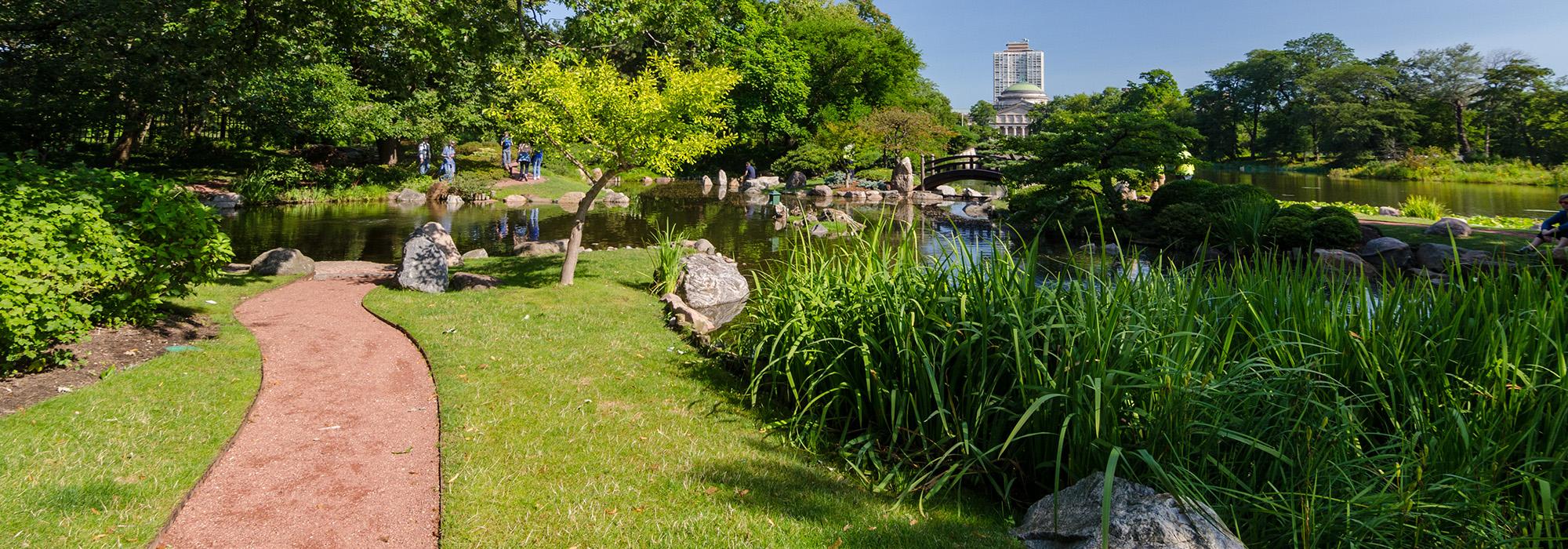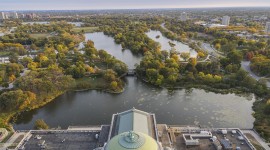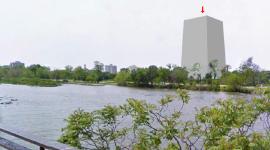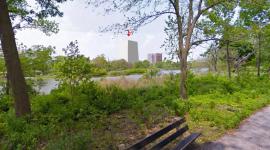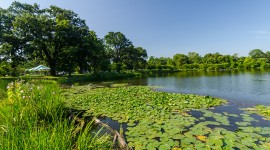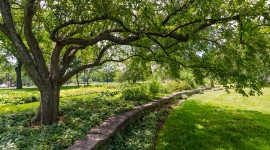Update on Obama Center Review and Lawsuit
On May 20, 2020, the City of Chicago hosted the second of three virtual meetings aimed at resolving adverse effects from the construction of the Obama Presidential Center (OPC) in Chicago’s National Register-listed Jackson Park. As was the case with the first such meeting on May 6, the discussion with consulting parties was expressly limited to measures aimed at mitigating adverse effects documented in the Assessment of Effects (AOE), thereby excluding all discussion of potential measures to avoid or minimize adverse effects. Although the city’s PowerPoint presentation stated that mitigation measures should be “commensurate with the impact to the historic resource,” the results presented from a survey of consulting parties mainly included ideas akin to placing plaques in the park—measures hardly commensurate with the documented adverse effects that would be imposed on Jackson Park by the OPC.
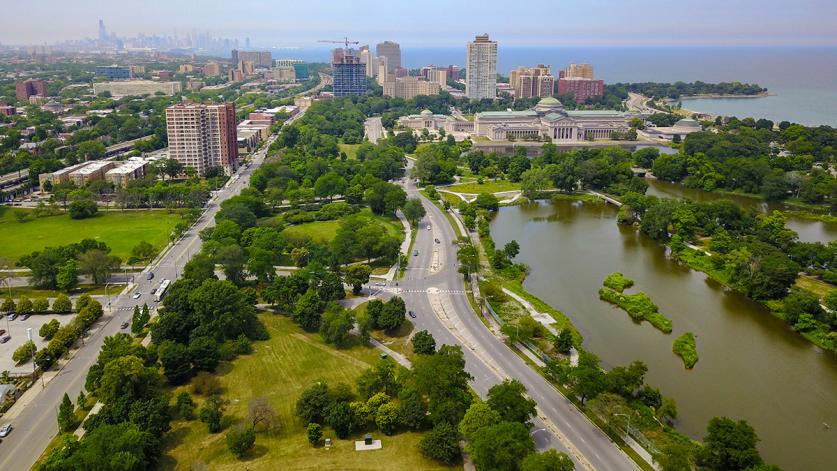
That is because when the survey results were tallied, “many comments relating to avoidance measures that were previously considered and dismissed” were not included. The Federal Highway Administration (FHWA), which is conducting the applicable federal review under Section 106 of the National Historic Preservation Act, has indeed “dismissed” those measures, repeatedly stating that both the design and location of the OPC are beyond its purview. But if that is the case, then why did the Advisory Council on Historic Preservation (ACHP) initially advise the FHWA to analyze adverse effects from the OPC’s design and location, which are now writ large in the AOE? Why was the height of the OPC tower—clearly a design element—used to establish the very extent of the Area of Potential Effects underlying the federal review, if the tower itself were an element whose adverse effects could never potentially be avoided or minimized? In other words, why, over the course of two years, have a slew of state and federal agencies, along with numerous consulting parties, poured thousands of hours and hundreds of thousands—if not millions—of dollars into assessing effects that are now simply declared to be beyond consideration?
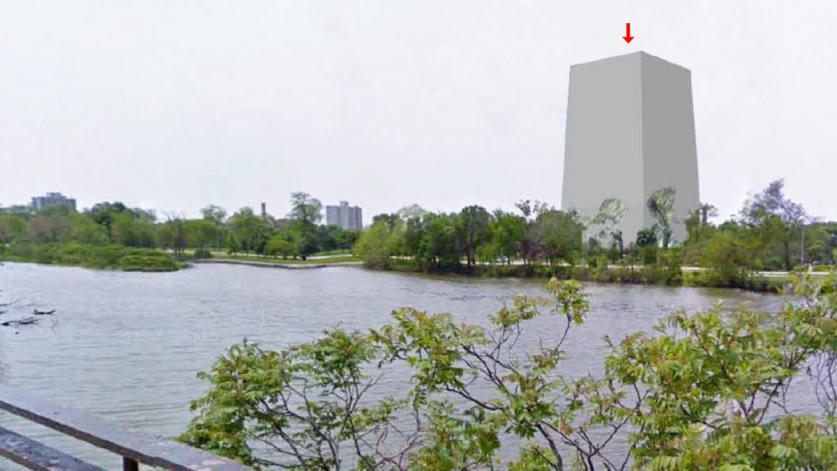
There is no indication that the FHWA or the ACHP intend to answer those questions. Instead, at the next meeting, scheduled for June 17, 2020, the FHWA will present a draft Memorandum of Agreement (MOA) for review by consulting parties. If the MOA reflects the approach to resolving adverse effects that the agency has taken thus far—and that the ACHP is apparently prepared to sanction—then there is every reason to believe that the result will be a list of pro forma gestures that will do little more than give thin cover to a gravely flawed process. One may rightly wonder where the Illinois State Historic Preservation Office, the chief agency charged with preserving the state’s historic resources (and a signatory to the MOA) stands on these crucial procedural questions. So far, that agency has had remarkably little to say.

Meanwhile, on May 21, 2020, oral arguments were heard by the 7th Circuit Court of Appeals in the case filed by Protect Our Parks (POP) against the Chicago Park District, seeking to prevent construction of the OPC in Jackson Park. The three federal appeals court judges questioned opposing counsels on the issue of standing, with both parties agreeing that POP does indeed have standing to bring its public trust claim before the courts. Appearing on behalf of POP, the eminent jurist Richard Epstein noted that the Use Agreement signed by City of Chicago and the Obama Foundation is essentially a lease, and that the Illinois Park District Aquarium and Museum Act does not cover athletic facilities—both key points in the argument against the city’s handling of the OPC. After the oral arguments concluded, the court requested supplemental briefs, due within two weeks, addressing whether the plaintiffs-appellants have standing to bring their public-trust-doctrine claim in federal court.



